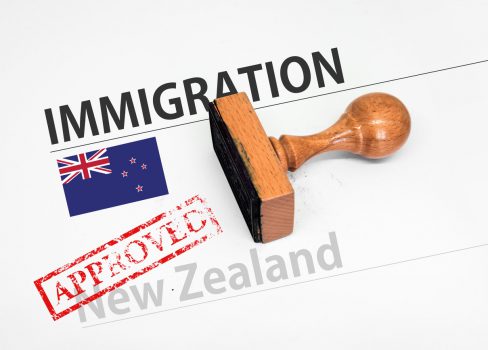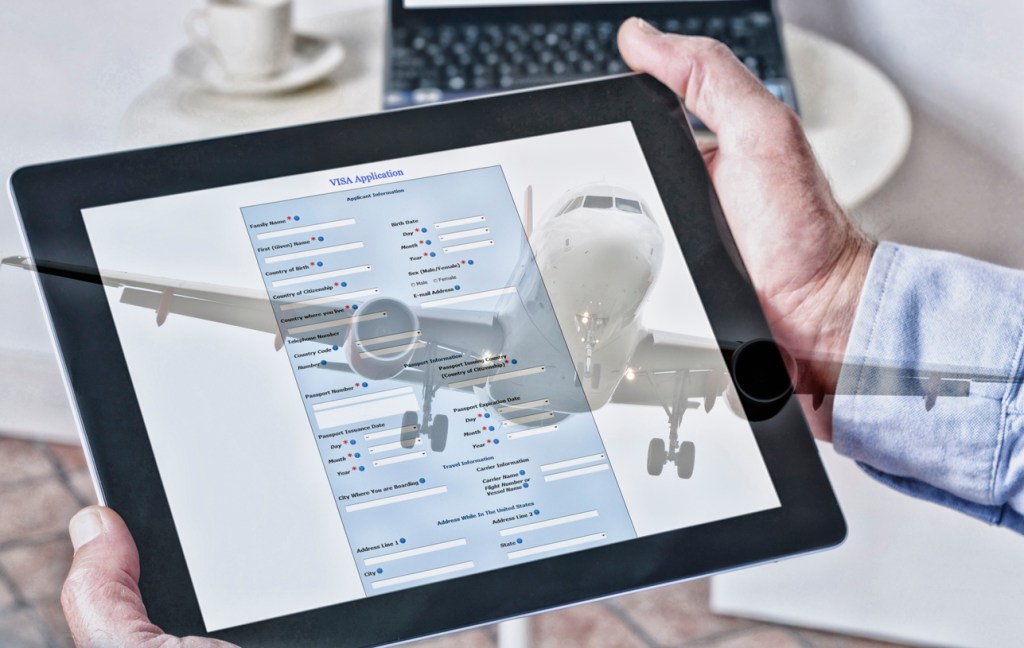The Government’s announcement to extend essential skills visas for a further two years is welcome news for the hospitality sector, say both Hospitality New Zealand and the Restaurant Association.
“After months of advocacy, and recent collective action on this issue, the decision provides relief to many hospitality operators, who have battled 18 months of uncertainty,” says Restaurant Association CEO Marisa Bidois.
The announcement comes in the midst of the Restaurant Association’s Reset Campaign – two month collective action from the hospitality industry following the Government’s immigration reset announcement.
“We’re pleased the Government has listened to our concerns and acknowledged the pressures felt by businesses across the country, while COVID border restrictions remain in place.
“We have said from the outset, modernising the training and employment pathways within our sector is critically overdue. The extension will give many of our businesses some breathing space, while we build our future workforce.”
“We look forward to meeting with Ministers in the coming weeks to further discussions about the future of hospitality in Aotearoa.”

The Extended Essential Skills visas being rolled out include:-
- Two year Essential Skills visa to provide certainty to at least 18,000 visa holders
- Streamlined application process to benefit at least 57,000 visa holders
The Government is increasing the duration of some Essential Skills visas and streamlining the application process to provide more certainty to employers and visa holders while COVID border restrictions remain in place.
“We recognise the ongoing labour demand pressures faced by some sectors and we want to make the most of the skills we have in the country. So the Government is making it easier for businesses to continue employing their current migrant workers,” Minister of Immigration Kris Faafoi said
From Monday 19 July, the maximum duration of Essential Skills visas, for jobs paid below the median wage, increased from 12 months to 24 months. The maximum duration of Essential Skills visas for jobs paid above the median wage is already three years.
The application process for Essential Skills visas will also be simplified for workers remaining in their current roles.
Employers are no longer required to complete a labour market test where a worker is applying for a visa for a full time role which the worker already holds. These applicants also won’t need to provide medical and police certificates to Immigration New Zealand if that information has been supplied previously.
A labour market test will still be required where employers are filling a job vacancy to prove there are no New Zealanders available before a migrant worker can be hired. This is in line with the Government’s objective to ensure Kiwis are prioritised for jobs.
“These changes complement the recent extension we granted for around 10,000 Working Holiday and Supplementary Seasonal Employment visa holders,” Kris Faafoi said.
“The Government is listening to business concerns,” said Tourism Minister, Stuart Nash.
“COVID support previously rolled out to businesses has been designed to keep workers connected to employers and keep tourism businesses operating while international borders are closed. The decision to extend Essential Skills visas and simplify application processes is the next step, and will be welcomed by sectors like tourism and hospitality where employers are keen to retain their current migrant workers,” Stuart Nash said.
The Immigration Minister, Kris Faafoi said these Essential Skills visa changes would be temporary measures to support employers in the unique COVID-19 situation and were part of the Government’s ongoing review of border settings to balance New Zealand’s economic needs with the successful COVID health response that has kept the virus out of our communities.
“Our long-term vision for immigration settings is to grow talent here in New Zealand and build a more self-reliant labour market. The Government’s $320 million targeted investment for free trades training, which has helped just over 144,000 people into training in the past year, is part of that vision,” Kris Faafoi said.
“We want to work with sectors and seem them develop plans to attract, train and upskill Kiwis into roles, and invest in productivity changes that can help them move away from a reliance on low-paid and low-skilled migrant workers. Many sectors and employers are already looking at how to make those shifts as a result of COVID pressure on the supply of workers,” Kris Faafoi said.
Extending Essential Skills visas to last two years means the new Accredited Employer Work Visa, which was due to come into effect on 1 November, will be delayed until the middle of next year. An update will be provided as soon as an exact date is confirmed.
“The Government remains committed to the Accredited Employer Work Visa, which will ensure work visas issued reflect genuine regional skill shortages and strengthen labour market testing. However, we expect most Essential Skills visa holders will apply for this two-year visa, meaning the implementation of the Accredited Employer Work scheme would not be viable because of likely low uptake.
“Employers will be kept updated on any further changes and more detailed guidance on the new system ahead of the introduction of the Accredited Employer Work Visa next year,” Kris Faafoi said.
Hospitality Association Chief Executive Julie White says the changes will bring more certainty for businesses and employees on Essential Skills visas, which is vital as we wait for the borders to re-open. “It is good that the Government is listening to us, this change will help some business operators. Delaying the rollout of the Accredited Employer Work scheme is sensible given the changes to the extensions.
“Before COVID, like other industries, the hospitality industry was reliant on migrant workers. Because of the border restriction, the industry has not had access to the people we need to efficiently run our businesses.
“The industry is committed to employing more Kiwis, however, the reality is, roles like Chefs take years to master and it is going to take time for the industry to transition from its historical reliance on migrants.
“Hospitality businesses need their existing essential skills visa holder workers to stay. Having the ability to extend essential skills working visas will provide more certainty for everyone and simplifying applications for those workers wishing to remain in their current roles.
“At the same time, the sector will do its bit to attract, upskill and train more Kiwis, but this will take time.
“Having the immigration lever available, and running more training in parallel, will result in a more resilient and sustainable industry for the future – one that is underpinned with greater workforce skills and capabilities.
“Though the sector has been largely misrepresented as low-wage, the 2020 remuneration survey shows the average hourly wage is above $20. The solution for a sustainable workforce for the future with greater productivity will be industry-led training, the right training for the right person at the right time, and designed for individual employees.








